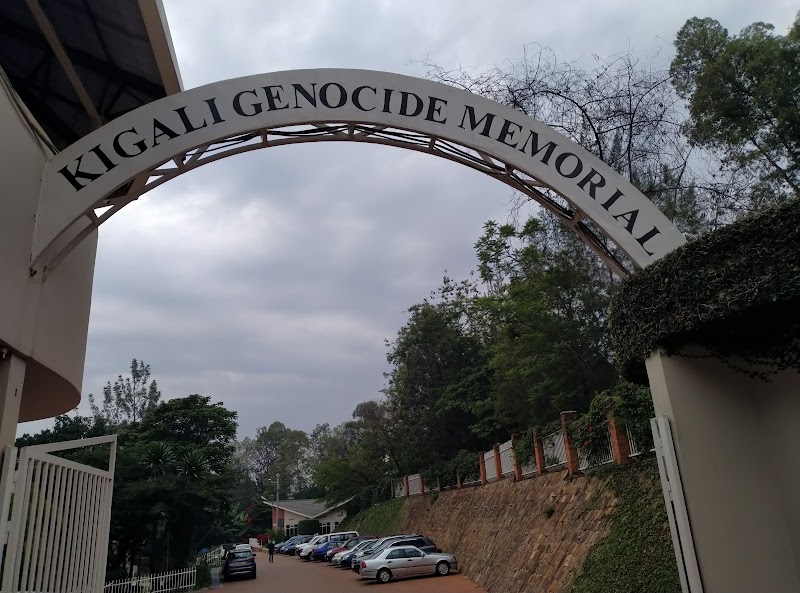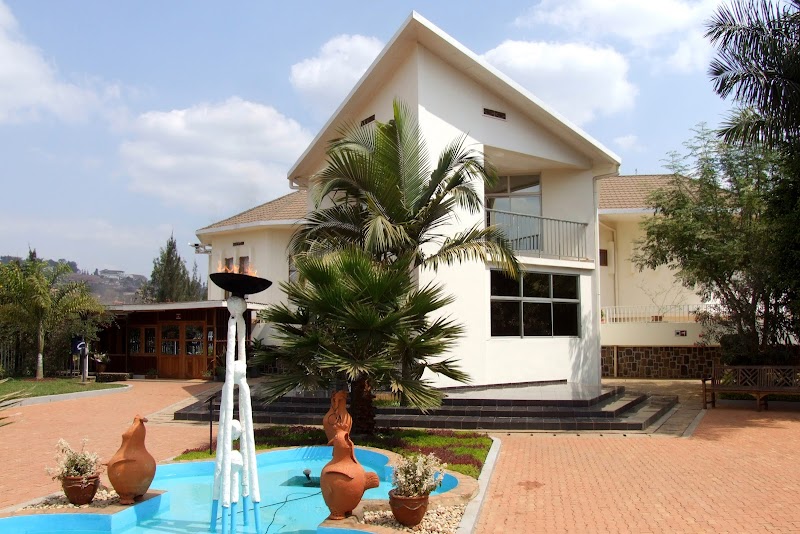Investors
Oops! Something went wrong while submitting the form.




Located in the heart of Kigali, the Kigali Genocide Memorial offers visitors a deeply moving and educational experience that sheds light on one of Rwanda’s most tragic chapters. For those planning a trip to Kigali, Rwanda, this memorial is an essential activity that provides not only historical context but also a place of reflection and remembrance. As one of the most important activities in Kigali, Rwanda, the memorial serves both as a tribute to the victims of the 1994 genocide and as a symbol of hope and reconciliation for the country.
Visitors to Kigali will find the memorial conveniently situated near the city center, making it easily accessible whether you fly to Kigali, Rwanda for a brief stopover or a longer stay. The location allows for a seamless integration into your itinerary alongside other activities in Kigali, Rwanda. For travelers seeking cheap activities that combine education and cultural insight, a visit here fits perfectly, offering substantial value without straining the budget.
The memorial complex includes carefully curated exhibits that chronicle the events leading up to the genocide, personal stories of survivors, and memorial gardens honoring those who lost their lives. Audio guides and detailed displays provide an immersive experience, helping visitors grasp the magnitude of the tragedy while emphasizing themes of resilience and unity. For those curious about things to do in Kigali, Rwanda that are both meaningful and eye-opening, spending a few hours here is highly recommended.
Frequent travelers and history enthusiasts will appreciate the respectful atmosphere and comprehensive presentation that invites reflection. The memorial’s accessibility and affordability make it an ideal choice for budget-conscious visitors who want to engage with Rwanda’s history through one of the country’s most profound cultural sites. Compared to other activities in Kigali, Rwanda, this is both budget-friendly and deeply impactful.
As you consider your itinerary, using an AI travel agent or a trip planner app can streamline the process of incorporating this significant site amid your tours around the city. Thanks to modern AI travel technology, you can easily find cheap flights to Kigali, Rwanda and discover cheap activities in Kigali, Rwanda, including a visit to the Kigali Genocide Memorial. Leveraging an AI travel agent can also help identify the best times to visit and any special events or guided tours available at the memorial, enhancing your overall experience.
In summary, the Kigali Genocide Memorial is not just a site to visit but a vital experience for those exploring Kigali, Rwanda. It offers a thoughtful, accessible, and educational activity that aligns well with both budget-friendly travel and culturally rich itineraries. Whether you are a frequent traveler or a travel enthusiast delving into the heart of Rwanda’s history, this memorial should be a cornerstone of any trip to Kigali, Rwanda.